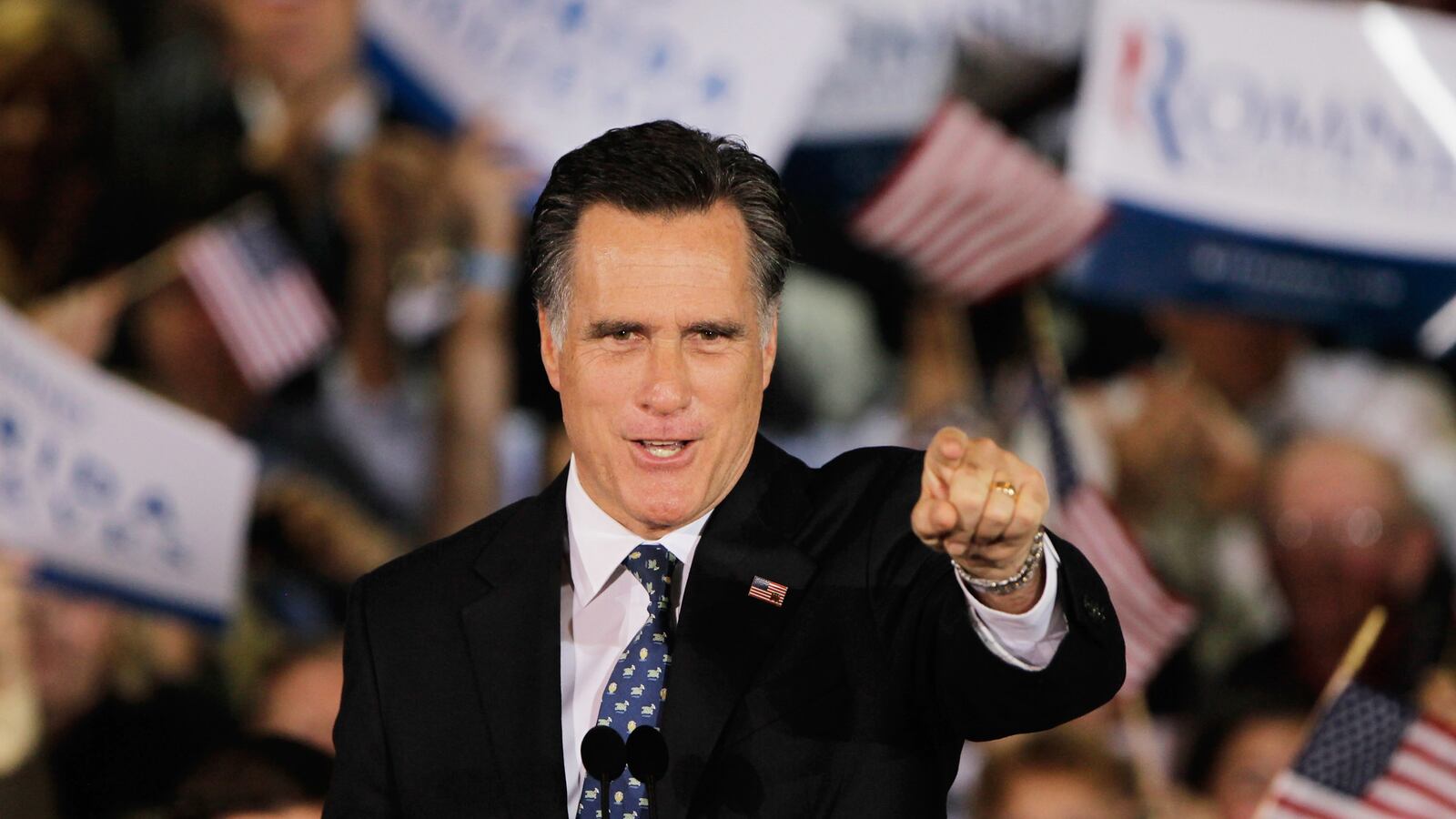Stuart Stevens is right about at least one thing:
The debate about Republican renewal is too dominated by debate about technology. Better technology is good, but technology only takes a campaign so far. Lest we forget, the Republican candidate in 2012 with the keenest interest in technology was Texas Governor Rick Perry.
Barack Obama was able to forge a powerful community in 2008 because of his message. Technology conveyed that message to millions, nurtured it and help harvest their votes. But he didn’t win because he won the Facebook wars; he won the Facebook wars because he was winning.
For Republicans, this can’t be an either/or choice. We need to be omnivorous in our development and consumption of new technology tools and relentless in our dedication to speak for the majority of Americans. One without the other will fail.
Yes, yes, yes.
Now comes the part where I have to say no, no, no.
In the Democratic dark days after the 2004 election, few realized that the Democratic Party was only one candidate and one presidential election away from a revival that now is touted as dominance.
Teacher? Over here? Lots of people knew, including me. (For the record, I started working on my very worried book, COMEBACK, published in 2007, almost immediately after the 2004 election.) It was apparent after 2004 that Republicans were losing their hold on educated voters, that the gender gap was becoming a gender chasm, that even affluent non-whites were repelled by a party that seemed to think that if you didn't watch NASCAR, we didn't want your vote.
It was already apparent then too that the Republican economic message was decreasingly relevant to middle-class voters facing stagnant wages and concerned about rising healthcare and college costs.
Nor was 2004 really such a dark election for Democrats. George W. Bush won reelection by the narrowest margin of any presidential incumbent in American history. Democrats had good reasons to expect a better election next time, especially after Iraq plunged into civil war in the summer of 2005.
It's worth recalling all this to lay to rest the illusion that the GOP is one good candidate away from turning its political dilemmas around.
That idea is an illusion because there's no such thing as a good candidate without a good platform. In many ways, Mitt Romney was a good candidate: intelligent, honorable, conscientious, ferociously hard-working.
Then the party's thought leaders crammed his head with ideas about "47%" and "tipping points." Then the party's policy shop foisted the Ryan plan upon him. Then he was sent into the field in the midst of the worst depression since the 1930s to talk about debt and entrepreneurship and sound money. After all that … of course he deteriorated into bad candidate!
And if, in 2016, the party nominates an astronaut war hero who moonlights as a celebrity chef catering to homeless orphans … and insists upon the same Tea Party message … why we'll discover that he has become a bad candidate too.






